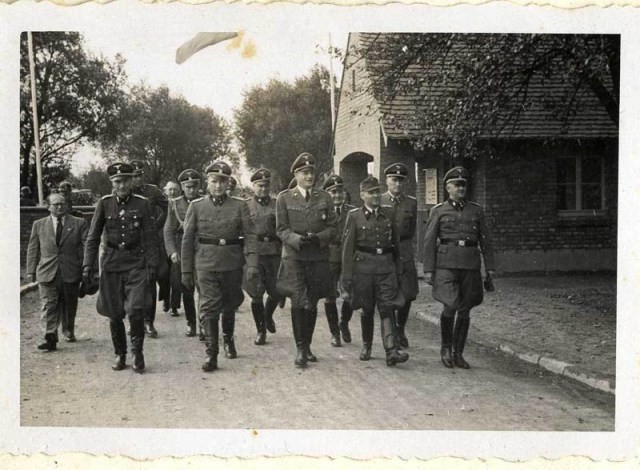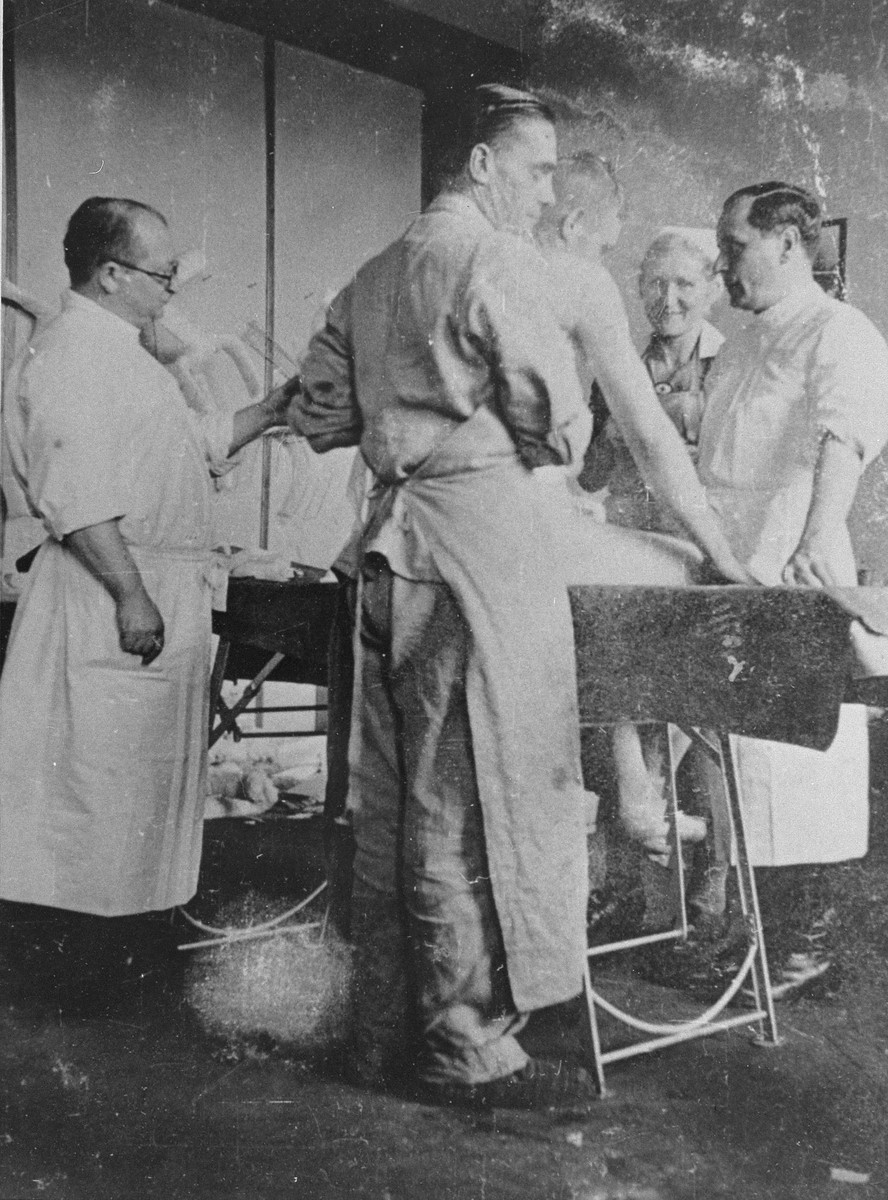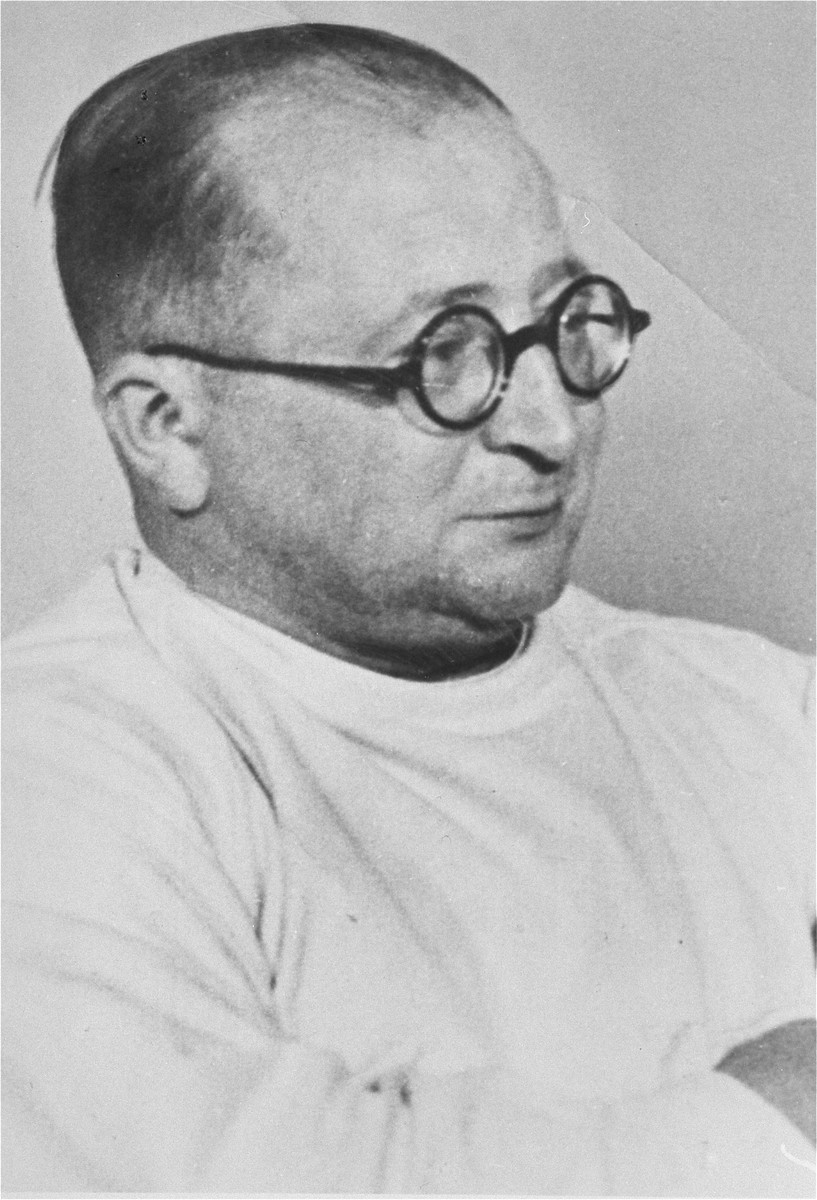
Carl Clauberg
The Nazi regime under Adolf Hitler aimed to change the genetic makeup of the population through measures known as "racial hygiene" or "eugenics." Scientists in the biomedical fields—especially anthropologists, psychiatrists, and geneticists, many of them medically trained experts—played a role in legitimizing these policies and helping to implement them. They had embraced these ideas before Hitler took power in 1933 and they would welcome the regime because of its support of eugenics and its support of their research.
Beginning in 1942, research gynecologist Dr. Carl Clauberg conducted medical experiments at the Auschwitz concentration camp complex. He intended to develop a method of non-surgical mass sterilization. He used several hundred, mostly Jewish women, as subjects. Clauberg injected toxins into their fallopian tubes, causing them to grow together. These chemical sterilizations often resulted in severe pain, sepsis, organ failure, and death. As Soviet forces approached Auschwitz, Clauberg relocated to the Ravensbrück concentration camp. There, he continued to experiment with sterilization of Romani prisoners.
Clauberg was arrested by Soviet authorities and was tried and sentenced to 25 years’ imprisonment for his crimes related to sterilization experiments in the camps. He was released in 1955 as part of a German-Soviet repatriation agreement. Re-arrested by German police, Clauberg died before his trial began in 1957.
Critical Thinking Questions
Investigate the range of behaviors and choices within the medical profession from 19433-1945. How did medical professionals participate in policy development, research, experiments and selections at camps, and medicalized killing?
How have some professional codes of conduct changed after the Holocaust?
Besides medical personnel, what other professionals were charged with crimes in the wake of the Holocaust? How did national histories, agendas, and priorities affect the effort to try war criminals after the war?



